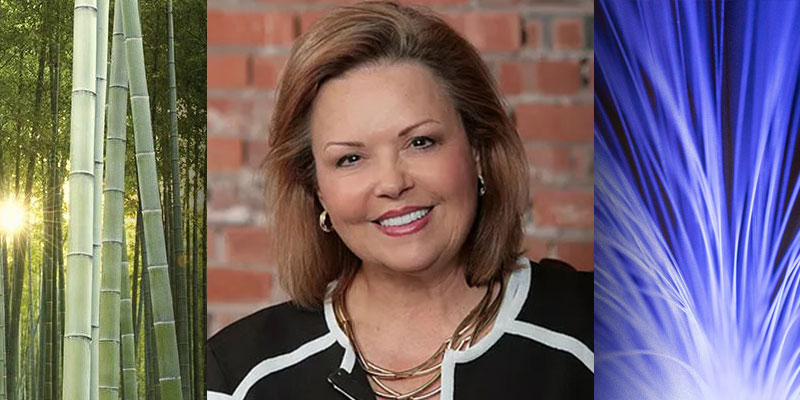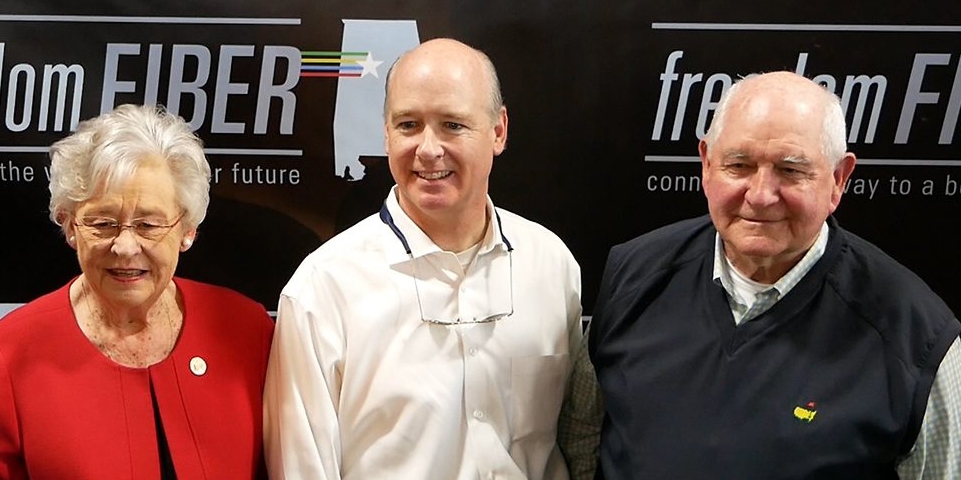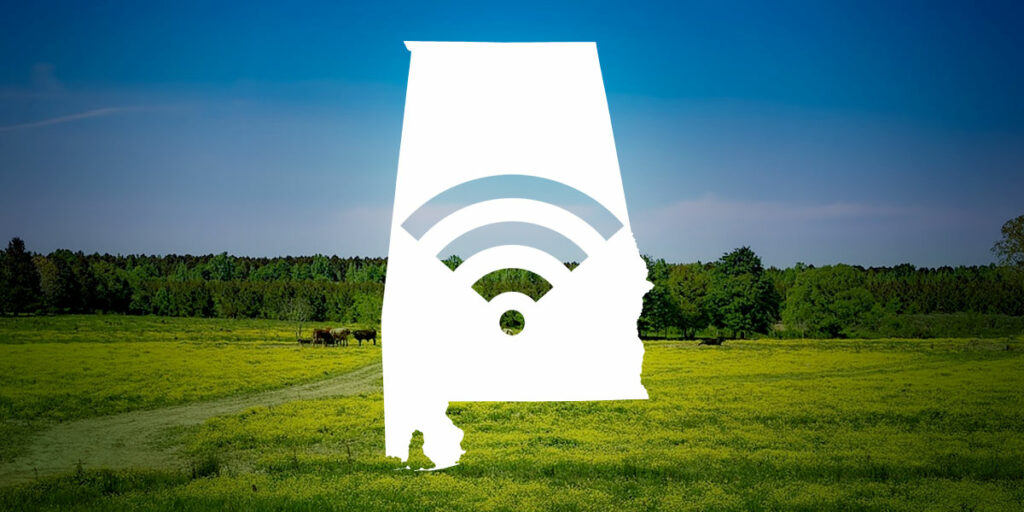When people ask how to bring business and jobs to our state, particularly in disadvantaged rural areas, I readily quip…broadband and bamboo.
My partners and I co-founded Resource Fiber, LLC nine years ago and we are the only American company bringing bamboo growing and manufacturing – a $60 billion industry dominated by China – to the U.S., beginning in the state of Alabama. We’re generating high-wage jobs in low-income communities. We manufacture high-value industrial products and we are introducing a high-dollar cash crop to local areas suffering from high poverty rates, stagnant wages and out-migration.
During this time, I’ve seen how underserved areas like Alabama’s historic Black Belt is in desperate need of high-speed broadband. Just as rural electrification, telephone service, and the interstate highways were indispensable infrastructure decades ago, it is imperative to have reliable high-speed internet for inclusion in the 21st Century economy.
To achieve universal broadband access and adoption, we need smart policies: encouraging the best broadband providers to participate, focusing public funds on unserved and underserved areas, while clearing barriers to building networks and promoting digital literacy.
In my work with local officials, business leaders, educators, and state and federal agencies, I’ve seen the collaboration and purpose needed to encourage economic development in remote rural communities. Bringing broadband to every community – and imparting digital literacy – requires the unified effort that communities conduct to attract new companies.
We should tip our hats to Gov. Kay Ivey and Alabama Department of Economic and Community Affairs (ADECA) Director Kenneth Boswell for their leadership in securing federal grant funding and directing those dollars to the expansion of our state’s broadband services. We should also applaud local broadband providers, rural electric cooperatives and others for working with Congressman Robert Aderholt to secure federal dollars to expand high speed internet service in rural communities.
While we’re making progress toward wiring every community, one in eight Alabamians – including one in four rural residents – still don’t have broadband access at home. Even more dauntingly, and highlighting the need for digital literacy, many who do have connectivity available in their communities still don’t subscribe to broadband at home. All told, 27 percent of Alabamians don’t use broadband at home.
We urgently need to bring broadband to every community and family – and generate jobs in areas such as the Black Belt, where unemployment exceeds 20 percent in several counties.
Because the stakes are so high, from employment to education and healthcare, we need to promote broadband access and adoption smartly and quickly.
First, we need to focus on the rural areas where high-speed service isn’t yet available, whose residents haven’t had a fair chance for new and better jobs, excellent educations and career training and safe online medical consultations during a pandemic. We can’t repeat the mistakes of past broadband programs that squandered taxpayer funds in areas that already had high-speed broadband, while truly unserved communities were left waiting. A half century after historic advances in civil rights and voting rights, we must put digital disenfranchisement behind us.
Second, we need to cut the red tape that constrains which broadband providers can take part in wiring rural communities. The outdated Eligible Telecommunications Carrier (ETC) requirements, dating back to the era of dialup internet, favor politically connected legacy incumbents over other providers. We need more competition to get the best, most cost-effective solutions.
Federal rules should encourage every qualified provider to participate – from the rural electrical cooperatives, telephone providers, cable companies and fixed wireless services. More competition will ensure funding goes to the most capable providers making the most cost-effective bids, not to the best-connected insiders.
Encouragingly, a bipartisan proposal to accelerate rural broadband buildouts, led by House Majority Whip James Clyburn (D-SC) and supported in the Senate by Alabama’s Doug Jones, would eliminate obsolete eligibility restrictions.
Third, we should expand Alabama’s digital literacy programs as part of an effort to improve reading, writing, mathematical and Information Age skills. Nationwide, an estimated 32 million adults lack basic digital skills, while half of Americans say they aren’t comfortable using computers to learn.
That’s why we need to encourage and enhance programs like those offered at our state’s 24 community and technical colleges which comprise Alabama’s Community College System. The Community College System and its members have adopted the mission to address digital literacy, computer skills, adult education courses in GED preparation, and employability skills. Community Colleges serve as a valuable resource to address digital literacy throughout the state.
We are twenty years into the 21st Century with all the promise of what lies ahead. We have a roadmap to follow in Alabama’s Broadband Accessibility Fund, which has clear guidelines prioritizing areas without high-speed internet service and encouraging all capable providers to apply.
With purpose, creativity, and entrepreneurship, there is plenty of opportunity for state, local, and federal governments to collaborate with broadband providers and achieve the goal of high-speed internet for all of rural Alabama.
Having grown up in rural Alabama, in a family that ran a farm and owned the general store, I know that agriculture and adaptability are in our DNA. Together, we can make the most of innovations like broadband and bamboo farming and manufacturing and build a new prosperity that all Alabamians can share.
Marsha Folsom is the chief development officer and co-founder of Resource Fiber, LLC with farming operations in Greene County and manufacturing headquarters in Sulligent, Alabama. She is a former First Lady of Alabama (1993-1995).













